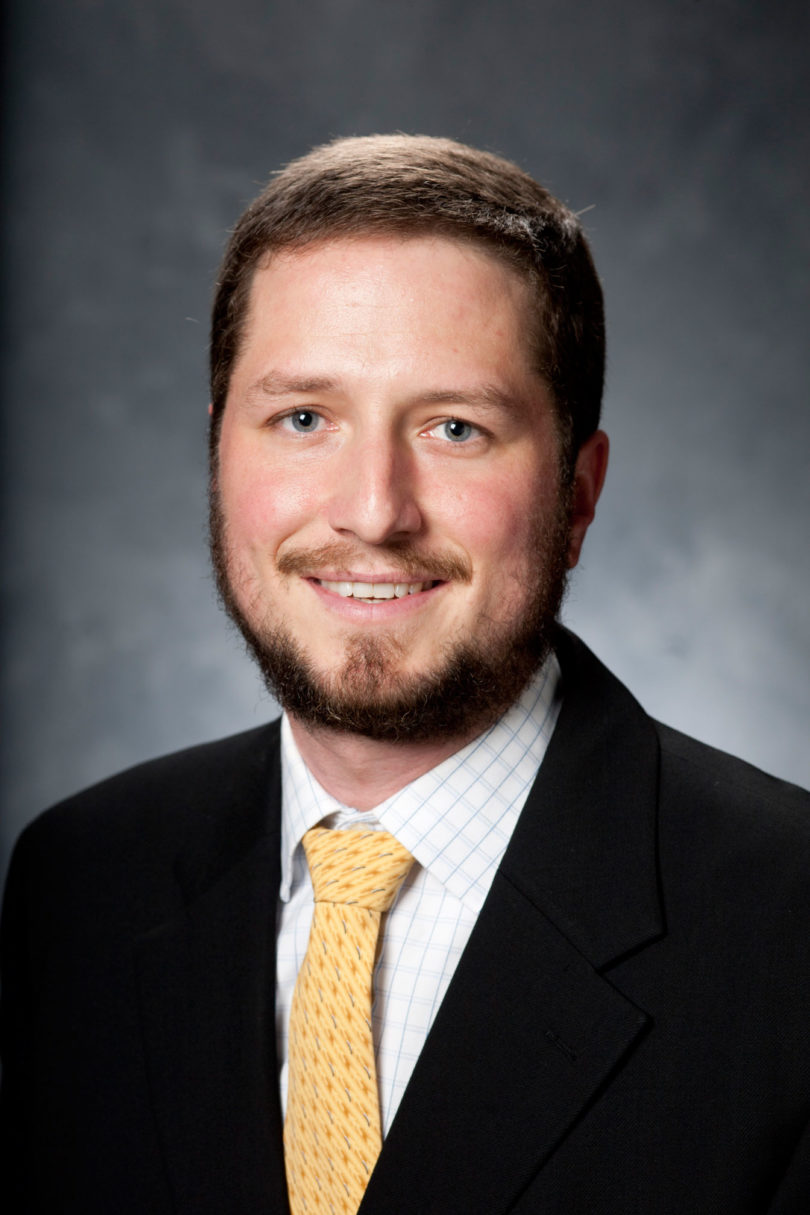Athens, Ga. – American engineering schools face a recruitment challenge. According to the National Academy of Engineering, the U.S. lags far behind Europe and Asia in the number of students who graduate with engineering degrees. In the U.S., only 4.5 percent of students choose engineering as their field of study compared to 12.5 percent of European students and 21 percent of Asian students. Why, in a nation that gave the world the light bulb, the telephone and-more recently-the personal computer, are so few young people attracted to engineering, and why do so many women and minorities avoid it altogether? A University of Georgia researcher hopes to answer these questions.
Joachim Walther, a UGA assistant professor of engineering, is the recipient of a National Science Foundation CAREER Award he will use to develop improved methods for studying engineering education. He will use the $451,375 grant to combine practices from engineering and the social sciences in order to enhance research quality. The framework he develops may ultimately help engineering programs broaden their training and better understand how to attract and retain a larger and more diverse student body.
Broadly speaking, engineering education researchers use two different investigative approaches. Quantitative methods produce information that can be counted or measured, while qualitative methods-such as interviews and filmed encounters-capture descriptive data to answer the why behind the facts. How, for example, can engineering programs attract more women and minorities? What skills should engineering programs teach in the 21st century, and how should students be taught?
“Qualitative research is inherently suited to investigating the complex social settings in which engineering education and professional engineering work take place,” Walther explained. “In investigating issues around recruitment and retention of underrepresented groups in engineering, quantitative studies can uncover general trends and averages but cannot capture the intricate dynamics and unique histories that constitute an individual’s path.”
Researchers have used both methods for years, but the issue of quality-or applicability-of qualitative methods is a concern for many engineering education researchers, said Walther. Walther plans to use elements of the integrative philosophy of management for continuous improvement found in the Total Quality Management system to address the issue. In industry, TQM encourages cooperation and constant feedback between all involved parties, including designers, labor, management, suppliers and end-users. Engineering firms use TQM to pinpoint and continually address production issues to make improvements. Walther will develop a feedback system based on TQM that researchers can use to gauge the validity of different lines of qualitative inquiry and make adjustments as needed at each step.
“To my knowledge, the TQM approach has not been transferred to conceptualizing quality of research,” said Walther. “Qualitative research methods have a very long tradition in other fields and have also been used to a considerable extent in engineering education research. The TQM approach could provide a missing link that an engineer with relatively little experience in interpretive methods can draw on, while also providing meaning and insight for a social researcher.”
“Dr. Walther is an innovative and creative thinker with a passion for fundamental engineering education research,” said Dale Threadgill, professor and director of the UGA Faculty of Engineering. “His innovative proposal has the potential to transform the role various research methods play in shaping our education systems.”
Highly competitive NSF CAREER Awards help talented young researchers pursue areas of inquiry that have the potential to change their fields. In 2010 and 2011, one out of every three proposals submitted to the NSF Engineering Education program was accepted. Walther is the third member of the UGA engineering faculty to receive the award. For more information on the engineering program at the University of Georgia, see www.engineering.uga.edu/.








